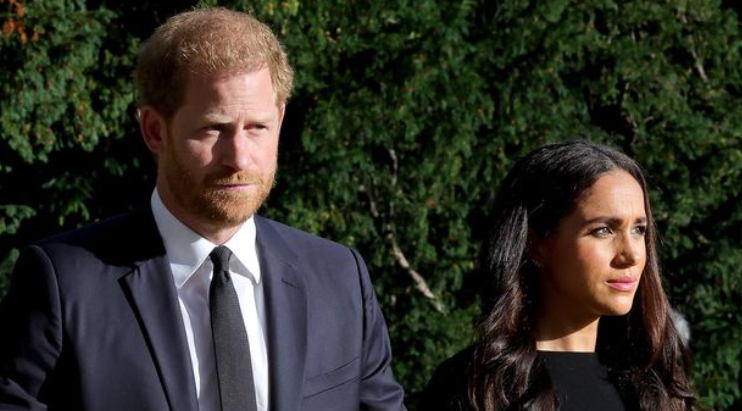
Prior to considering a return to the United Kingdom, Meghan Markle has a single major condition for Prince Harry.
A royal expert provided insight into how the Duke and Duchess of Sussex married in 2018 and lived in England until 2020. The couple then opted to step down from their leading roles as senior working members of the royal family.

This was right before they moved from their residence in Windsor to a giant mansion located in California. After arriving in the US, they made a decision to make it their permanent home with Harry choosing to give up his UK citizenship.
He vowed to not return with his wife and kids because he felt it was not safe and the press would hound them down, similar to how his mom was hunted.
After that, Meghan’s thoughts about returning to the US were taken into consideration. It’s been reported since then that Meghan is not prepared to get back to the UK until and unless her single demand is met.
This has to do with Harry having his residence to stay. Similarly, the right amount of security is another request she’s been making. According to one royal author and expert named Tom Quinn. Meghan has a series of demands.

Meghan wants them met and until she does not get that, she does not feel the need to return. As far as living with Harry’s relatives is considered, that will never be on the cards for her.










